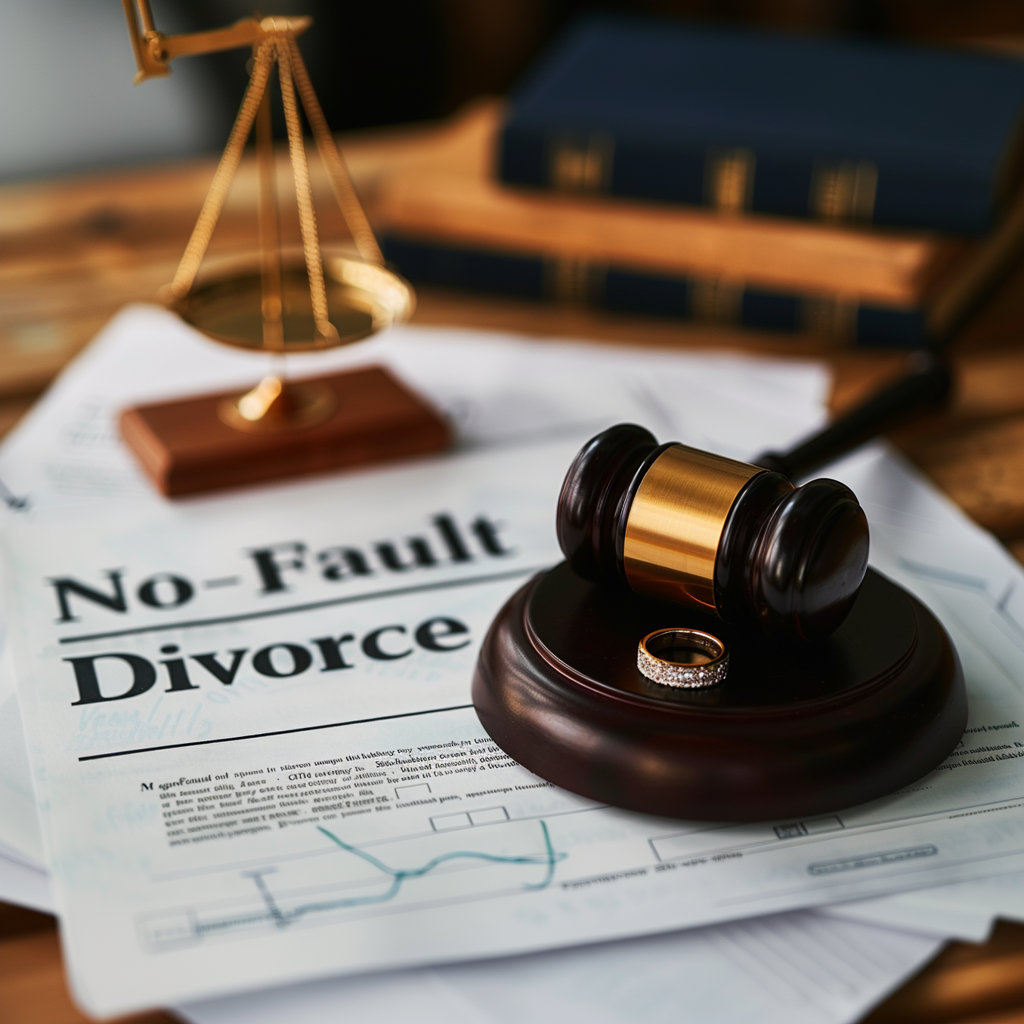
No Need to Prove Fault for Divorce

Despite what you may see on television shows, movies or in the media, there is no need to prove that a party to a marriage was ‘at fault’ for a relationship breakdown. It is a common misconception that if one party’s behaviour contributes to the relationship breakdown, the other spouse will receive a more favourable outcome in the property settlement or parenting arrangements. Put simply, the actions of one party in contributing to the relationship breakdown will not be considered or assessed by the Court.
Historical Context: Pre-1975 Divorce Laws
Prior to the 1975 Family Law Act, there had to be proven grounds for divorce. For instance, one party had to prove by way of evidence that the other party caused the relationship breakdown. Common and acceptable reasons for the breakdown included insanity, drunkenness and adultery.
However, these provisions were revoked once the Family Law Act was in force. The effect of the new laws now means that obtaining a divorce is usually far more straightforward and ‘drama free’, thereby reducing the hostile nature of divorce proceedings.
Residual Fault Elements in Parenting Arrangements

While there is no longer a requirement to prove why the relationship ended, residual fault elements are still important, particularly in parenting arrangements. Factors such as substance abuse, domestic violence and mental illness are taken very seriously by the Court when assessing parenting matters.
Requirements for Granting a Divorce
Therefore, the ‘no-fault’ nature of divorce proceedings in Australia means that no single party will be held responsible for the relationship breakdown in the eyes of the Court. However, please remember that there are a few simple requirements to satisfy before the Court grants a divorce order.
It needs to be established that you and your spouse have lived separately and apart for at least 12 months (unless separated under the one roof), that there is no reasonable likelihood of resuming the relationship and proper arrangements have been made for the welfare of the children.
Seek Legal Advice
Should you have any questions or concerns regarding your rights, feel free to contact one of our experienced solicitors to better understand your rights.
Find Brisbane family lawyers on Google Maps near you.
You may also like to know more information about the
- What Are You Worth in Your Property Settlement?
- Australian divorce law property settlement: Divorce Enduring Power of Attorney and Wills.
- 4 Key Points To Note About Property Settlement.
- Divorce property settlement examples: Wow I won Gold Lotto! What will I do with my $1M bucks?
- DIVORCE PROPERTY SETTLEMENTS.
- Engagement Ring Property Rights.
- Family Court Orders: Breaches and Enforcement.


